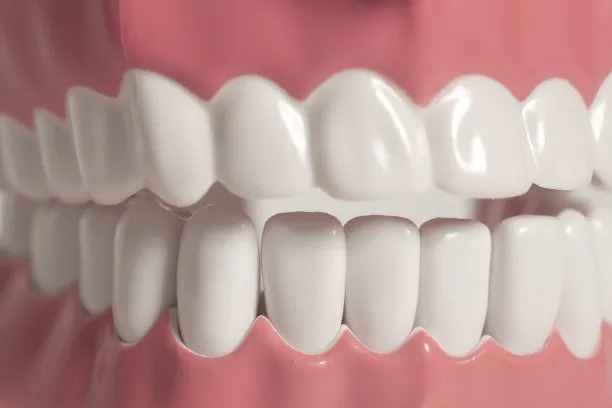The Emotional Journey of Extracting a Tooth and Its Impact on Dental Health Awareness
Summary: The emotional journey of extracting a tooth is often filled with fear, anxiety, and relief. This article explores the psychological factors surrounding dental extractions, the implications for dental health awareness, the role of education in mitigating fears, and post-extraction care for better long-term health outcomes. By addressing these dimensions, we illuminate not only the emotional rollercoaster that individuals face but also underscore the importance of proactive dental health practices. Recognizing the complexities of this experience can empower individuals to seek timely dental care and embrace better oral hygiene habits.
1. Understanding the Emotional Impact

The emotional journey of tooth extraction typically starts with apprehension and fear. The anticipation of pain or discomfort can create significant anxiety, leaving many patients reluctant to visit the dentist. This initial emotional response can be traced back to childhood experiences or stories shared by others, often exaggerating the pain associated with dental work.
As patients enter the dental office, they may experience a surge of emotions, ranging from irritation to dread. The various sounds of dental tools and the clinical environment can amplify their fears. This emotional state often complicates the decision to undergo necessary procedures, leading to postponed treatments and worsening dental problems.
However, following the extraction, there is often a sense of relief intertwined with anxiety over recovery. Many patients find that the pain they feared was manageable, leading to a sense of empowerment. This journey highlights the importance of addressing emotional responses to improve outcomes and foster a healthier relationship with dental care.
2. The Crucial Role of Dental Health Awareness
Dental health awareness plays a pivotal role in shaping patient experiences surrounding tooth extraction. Many individuals are unaware of the potential consequences of neglecting oral health, which can lead to complications necessitating extractions. Increased education about the early signs of tooth decay and the importance of regular check-ups can prevent such issues.
Furthermore, awareness initiatives often inform patients about the fact that tooth extraction is not a standalone event. It can also affect overall oral health, impacting adjacent teeth and leading to misalignment or further decay. This knowledge can motivate individuals to prioritize preventive care, reducing the need for extractions in the first place.
By integrating dental health awareness into community outreach programs, professionals can change perceptions and behaviors concerning oral hygiene. Highlighting the emotional aspects of tooth extractions can further emphasize the importance of proactive dental care as a crucial aspect of overall health.
3. Educational Strategies to Alleviate Anxiety
Education is a significant tool in alleviating the anxiety associated with tooth extractions. Dental professionals play a crucial role in providing patients with comprehensive information about what to expect before, during, and after the procedure. This preparation can significantly reduce fear and encourage a more positive outlook.
Using visual aids and videos can help demystify the extraction process. Patients who understand the steps involved are less likely to feel overwhelmed. Furthermore, engaging in open dialogues about anxieties and concerns can help build trust and rapport between patients and dentists, resulting in a smoother experience.
Post-extraction, educational resources about recovery care and management of discomfort are vital. Ensuring patients understand the importance of following aftercare instructions can lead to quicker recovery times and less anxiety in future dental visits. When patients feel informed and empowered, their emotional experiences during extractions can shift from fear to confidence.
4. Post-Extraction Care and Health Considerations
Post-extraction care is critical in determining the success of the procedure and the patients overall dental health. Following the extraction, proper care helps in minimizing pain and reducing the risk of infection. Patients should receive clear instructions on caring for the extraction site, managing swelling, and dietary recommendations during recovery.
Incorporating follow-up appointments into post-extraction care can provide reassurance and an opportunity for dental professionals to track healing progression. Understandably, some patients may feel apprehensive about subsequent visits, but knowing they have support can ease concerns.
Ultimately, the emotional journey of tooth extraction puts a spotlight on the importance of regular dental visits and a proactive approach to oral health. By prioritizing dental check-ups, patients can often prevent future extractions and foster a healthier emotional response to dental care.
Summary:
The emotional journey surrounding tooth extraction encompasses a spectrum of feelings from fear to relief. By emphasizing the necessity of dental health awareness and educational strategies, we can transform the extraction experience into a more manageable process. Recognizing and addressing these emotional responses not only encourages timely care but also promotes long-term oral health practices.
This article is compiled by Vickong Dental and the content is for reference only



